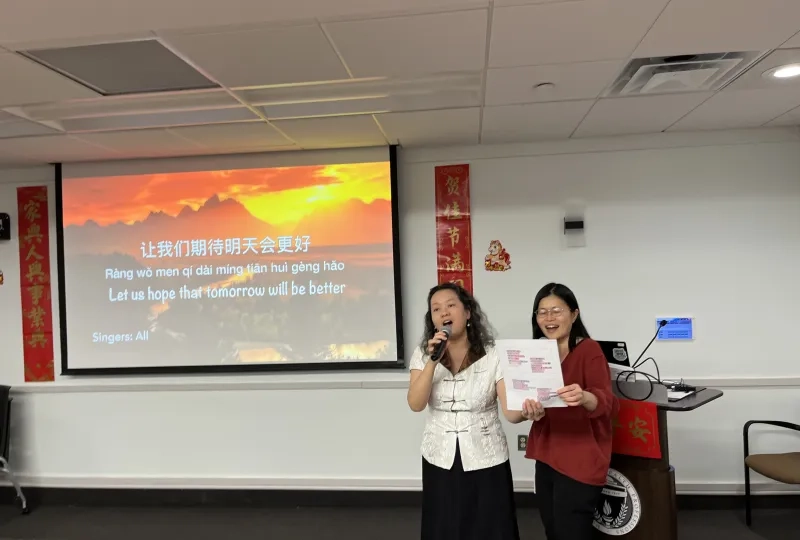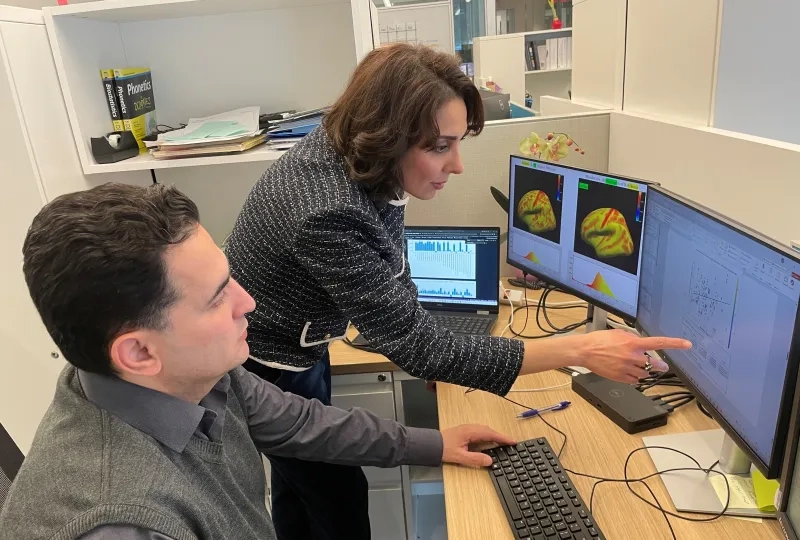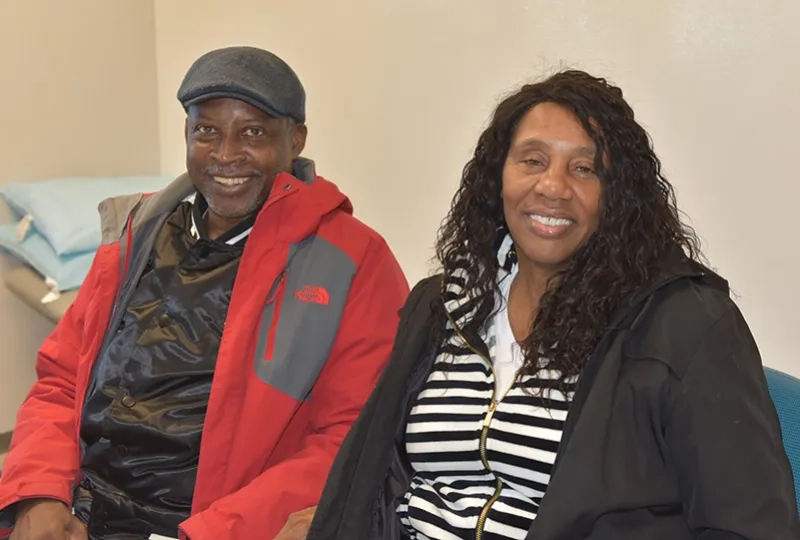
Speech-language pathology allows practitioners to make a profound impact on individuals' lives. Careers in speech-language pathology are diverse, with opportunities in schools, hospitals, and private practice. When you study speech-language pathology at MGH Institute of Health Professions, you are trained holistically, with the skills to work in any setting with any population when you graduate.
Speech-language pathologists (SLPs) are professionals dedicated to assessing, diagnosing, and treating individuals with communication and swallowing disorders. As the demand for their expertise continues to grow, SLPs find fulfilling careers in various settings, each presenting unique challenges and rewards.
Careers in Schools: Shaping Communication Skills in Young Minds
Speech language pathologists are central members of educational teams. They work closely with educators to identify and address speech, language and literacy disorders in students. They conduct assessments, develop individualized treatment plans, and collaborate with other specialists to create inclusive learning environments.
For those seeking leadership roles, having a strong background in language and literacy as well as communication, positions our graduates to be leaders on educational teams impacting systems that support all children’s academic success. In these roles, individuals oversee and guide other SLPs, coach teachers and administrators, contribute to curriculum design and development, and ensure the effective implementation of speech-language pathology services and best practices in language and literacy throughout the school district.
Careers in Hospitals: Guiding Rehabilitation and Recovery
Medical setting based speech language pathologists work at all levels of care from acute, to rehabilitation, to homecare. They work with diverse patient populations, from those recovering from strokes to individuals with traumatic brain injuries to patients with voice, and motor speech and swallowing disorders SLPs in hospitals conduct comprehensive assessments, collaborate with interdisciplinary teams, and design treatment plans tailored to each patient's needs.
Experienced hospital-based SLPs may progress into senior roles or take on supervisory positions. In these leadership roles, individuals contribute to program development, mentor new SLPs, and play a crucial role in shaping the quality of speech-language pathology services within the hospital.
Careers in Private Practice: Tailoring Individualized Therapy
In private practice, SLPs work with children and adults conducting assessments, providing therapy services, and coaching clients and families. This setting allows for a more personalized approach to therapy, catering to the unique needs of clients.
Many SLPs own their own private practices, and have the autonomy to set their schedules, tailor treatment plans, and specialize in any area of practice such as pediatric speech therapy, , fluency, aphasia, and literacy.
For those with an entrepreneurial spirit, career progression in private practice may involve becoming Clinic Directors and innovating in telepractice and other unique methods of training and service delivery This level of leadership allows for the expansion of services, team management, and potentially the creation of specialized programs to meet the needs of the community.
MGH Institute of Health Professions: Pioneering Education and Research
As the graduate school affiliate of Mass General Brigham, MGH Institute provides cutting-edge education, hands-on clinical experiences, and a commitment to advancing research in the field. Graduates from our SLP programs are well-prepared to excel working with any population in any setting. Clinical rotations occur in our state-of-the-art, on-campus Speech, Language and Literacy Center and over three to four semesters at more than 200 prominent hospitals, clinics, centers and schools in the Greater Boston area. With our unique “clinical excellence curriculum” you will develop critical thinking, clinical problem-solving, and professional skills. Our approach provides a seamless bridge between the classroom and the clinic.



